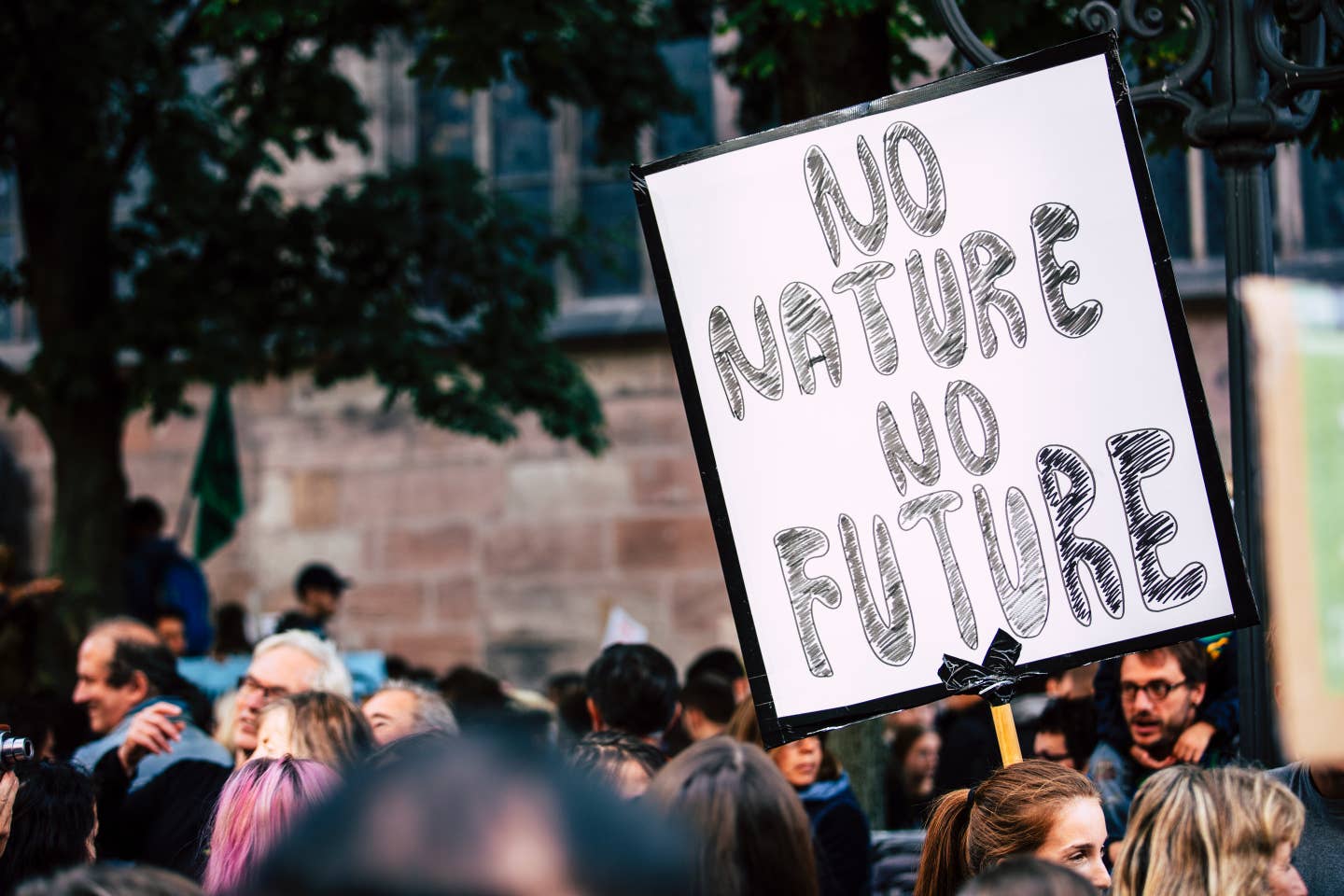
If You Want to Save the Planet, Start with Breakfast
The recent climate demonstrations brought a new generation to the forefront of the global warming crisis, led by Greta Thunberg and her millions of followers around the globe, who walked out of school to bring awareness to the issues. But what did they have for breakfast?
In his new book, We Are the Weather, Jonathan Safran Foer argues that this question matters more than any other when it comes to turning back the tides of rising water and global warming. Because of the way we process animal products, methane gas and other pollutants have a bigger impact than what you drive, whether you recycle, and other choices that make up your carbon footprint.
The planet is more impacted by our food choices than our transportation systems, and Foer, who wrote Eating Animals in 2009, is at it again with a collection of essays about how to best individually and collectively make a difference on climate change. His latest book, We Are the Weather: Saving the Planet Begins at Breakfast, was just written up in The New York Times.
The undeniable connection between diet and climate change is a daily topic covered by mainstream news media—and it's sure to become more of a centerstage topic as we near the 2020 election. The connection between our food systems and the environment is becoming harder to ignore as the impact climate change has on our food is nearly as alarming as the impact farming has on the planet.
Bottom line: Foer's primary argument is to refrain from eating any animal products until the evening, which means a vegan/plant-based breakfast and lunch. Eating animals is a major contributor to climate change and to the current public health crisis of widespread chronic disease.
To put it plainly, choosing non-animal products is both healthier for you and the planet. The Beet is here to support anyone who wants to add more plants to their plate—one bite of broccoli at a time.
More From The Beet






